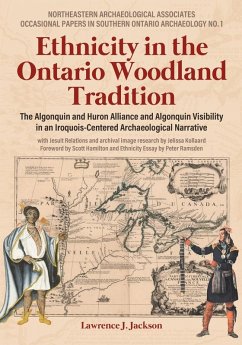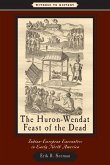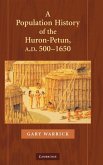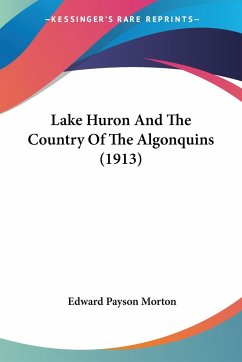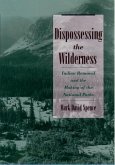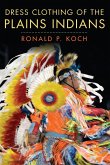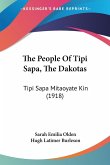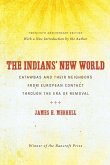This book examines Ontario woodland tradition archaeology in the context of archaeological statements of ethnicity and their reliability in the interpretation of the archaeological record. It focuses on Southern Ontario circa 1300 to 1650 A.D., the time of the Algonquin and Huron Alliance (Sioui and Labelle 2014). Evidence is provided for a highly interactive multicultural landscape, briefly viewed by Europeans, in which Algonquian-speaking peoples did not disappear with the rise and spread of Iroquoian village life. Instead, they were part of a regionally unique ethnogenesis, at different times and places, with Iroquoians. This study also reveals how colonial attitudes in the structuring of academic research can lead to erasure of parts of Indigenous history. It urges more attention be paid to reconciling Indigenous oral tradition with archaeological science to reach a truer understanding of how past peoples lived and thought of themselves.
Bitte wählen Sie Ihr Anliegen aus.
Rechnungen
Retourenschein anfordern
Bestellstatus
Storno

